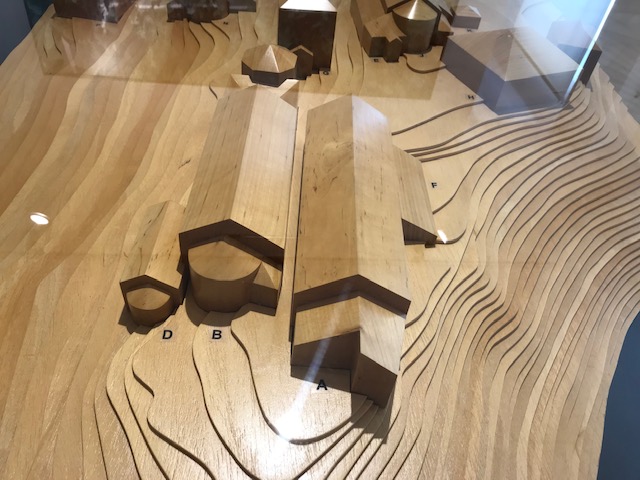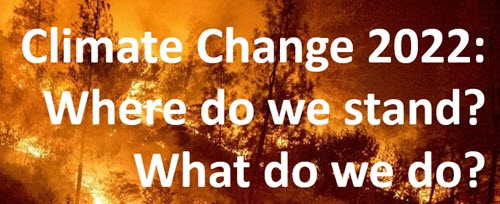This is a comment on Linda Dove’s talk Our Branching Tree: Part 1: UU Roots.
From Susan Miller
I was fascinated by your history of early UUs. I'd first heard of Arrius and Arrian churches on a 2018 visit to Austria, where I had spent the summer of '62 on an exchange program. I was back in 2018, one of many re-visits to my Austrian family and village and old boy friend and his family. On that visit, the old boyfriend and his wife and his visiting son and family took me up into the mountains between Austria and Slovenia.
In The Valley, there's a recently opened museum of old Roman artifacts dating to when The Valley town was a Roman camp. They had brought me to this area on an earlier visit, around 2013 or so. At that time, the reason for visiting it was an ancient pagan spring high up on the mountain, which had been later revered by Catholics in medieval times. On this visit, I believe on a different area on that same mountain, we visited the excavated foundations of both Roman Catholic Churches and Arrian churches (the latter identified partially because they had no baptistery.) These foundations date back to late 400s-early 500s.
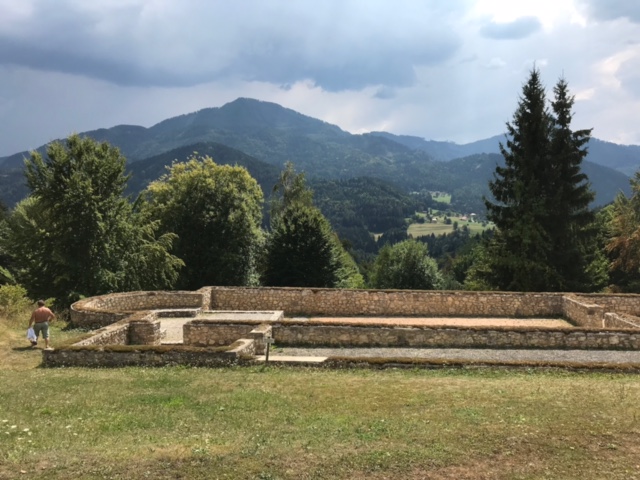
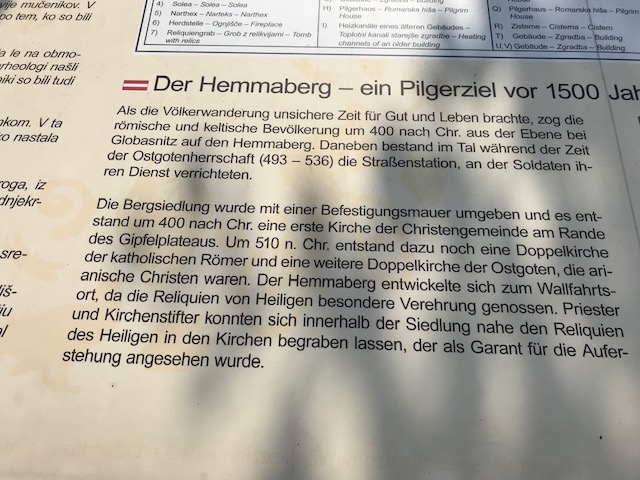

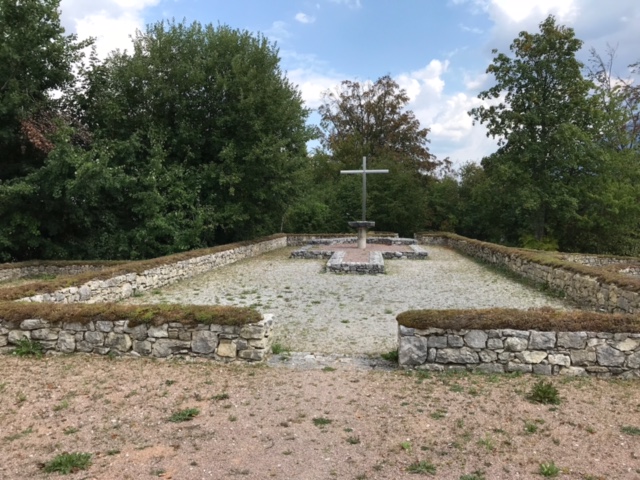
It wasn't easy to distinguish the Arrian from the Catholic churches, except that there were no baptistries in the Arrian ones. I am assuming the one above was Catholic And assuming these below were Arrian. The churches I am assuming were Catholic had rounded walls on one end--perhaps the baptistery? Or the altar area.
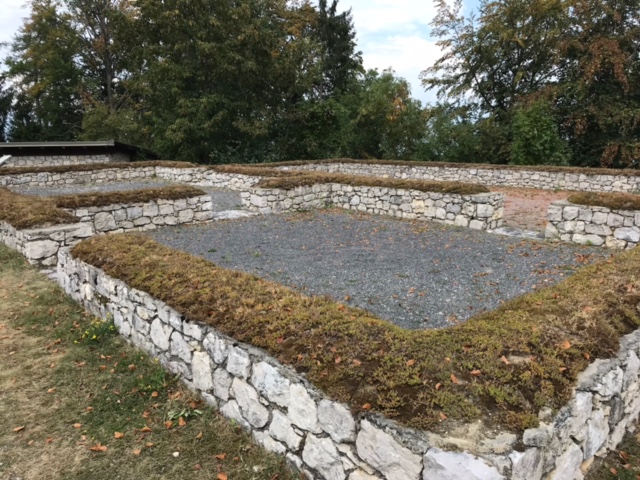
In the village below this hilltop site, was a new museum (I'd been here maybe 5 or so years before, and none of this was available at that time), showing how the area would have looked with the entire buildings. Unfortunately, there were no guides at the site, nor anyone at the museum prepared to answer questions about this particular exhibit. I think these buildings represent the foundations in the photographs, those with the circular areas being the Catholic Churches, and the one on the right being the Arrian "double church" with foundations laid end to end.
